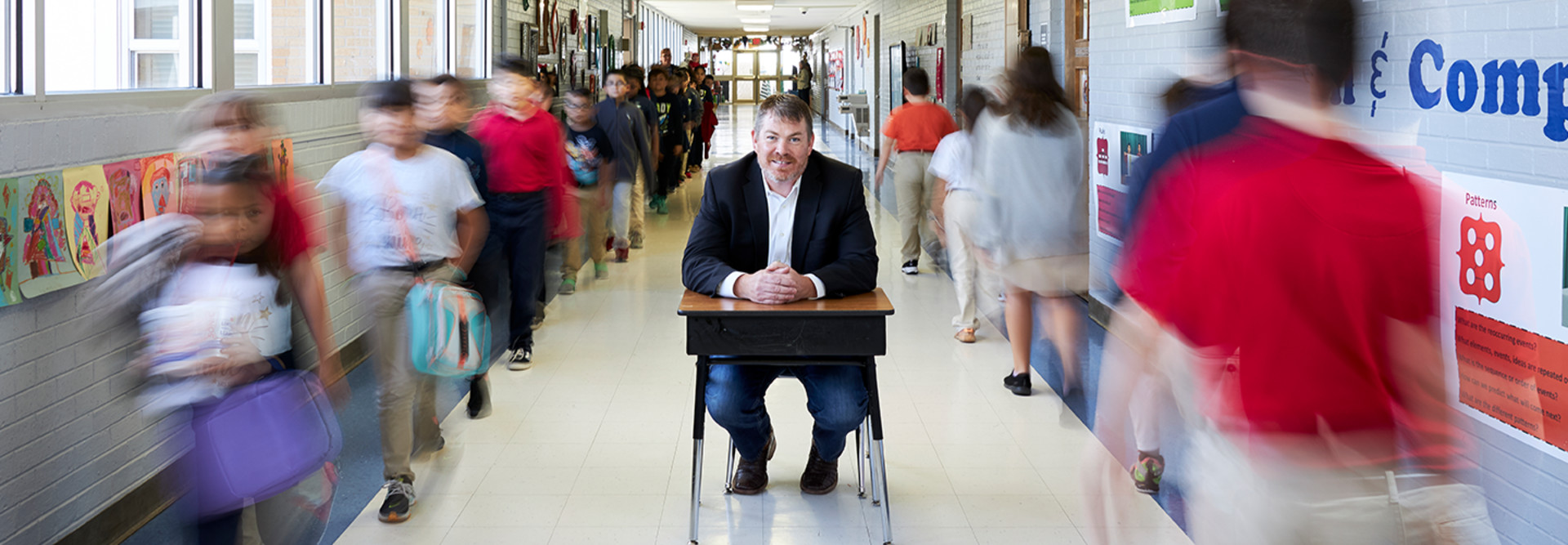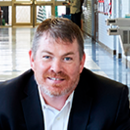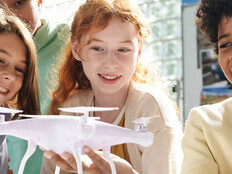EDTECH: What does the work of providing those opportunities look like for your students?
OSBORNE: Students as young as kindergarten are exposed to neuroscience. I mean, it’s crazy stuff, but elementary campuses are doing that in our district. We converted a portable classroom into a vivarium where they do animal husbandry. K–5 students raise hundreds of cockroaches in order to do surgery and electrophysiology, so they can see how neurons fire when they tickle a cockroach leg. There are protocols on how to take care of them, how to do surgery, how to anesthetize, and how to do the neuro- physiology.
Another example is our career and technical education students, who often are working toward certifications versus a four-year college degree. It’s just as important to give them the opportunity to do stem cell research as it is for International Baccalaureate students. When we roll out some of these sophisticated course options, they can be translated into Advanced Placement classes if needed, or they can be translated into CTE.
EDTECH: How do researchers and universities benefit from partnering with K–12 schools for real-world research opportunities?
OSBORNE: Most laboratories are small, and a lot of them aren’t really well funded. Last year, I had almost 3,000 K–5 citizen scientists doing data processing of microfossil sampling. What lab in the world has 3,000 lab workers who can do that? No one.
Kids can really drive the future of the world. They can participate in this stuff. It’s our obligation as educators to give them the opportunity to do that and to really make an impact. Students may or may not choose to go down that career path, but at least they have that knowledge base to decide which path they want to go down. If they’re not exposed to it, they don’t know what they don’t know.
EDTECH: Why is it important for all students to have access to higher-level sciences?
OSBORNE: Think about the kid who is brilliant and is sitting in a corner, just because they’re not really outgoing — maybe they’re just a little shy, maybe they haven’t found their connection or they’re just extremely bored. I was that bored kid. I just hated school with a passion. But as soon as I did something that was hands-on and inquiry-based, and I could discover, I was completely hooked. I see a lot of that in our students nowadays. They’re just disconnected. They’re bored.
We’re trying to enhance students’ natural curiosity and have them do real hands-on learning with real data. Even at a very young age, if students have something that they’re naturally curious about, they get excited, the teachers get excited, and the ownership of learning is amplified.
All kids should have equal opportunities to be successful.










